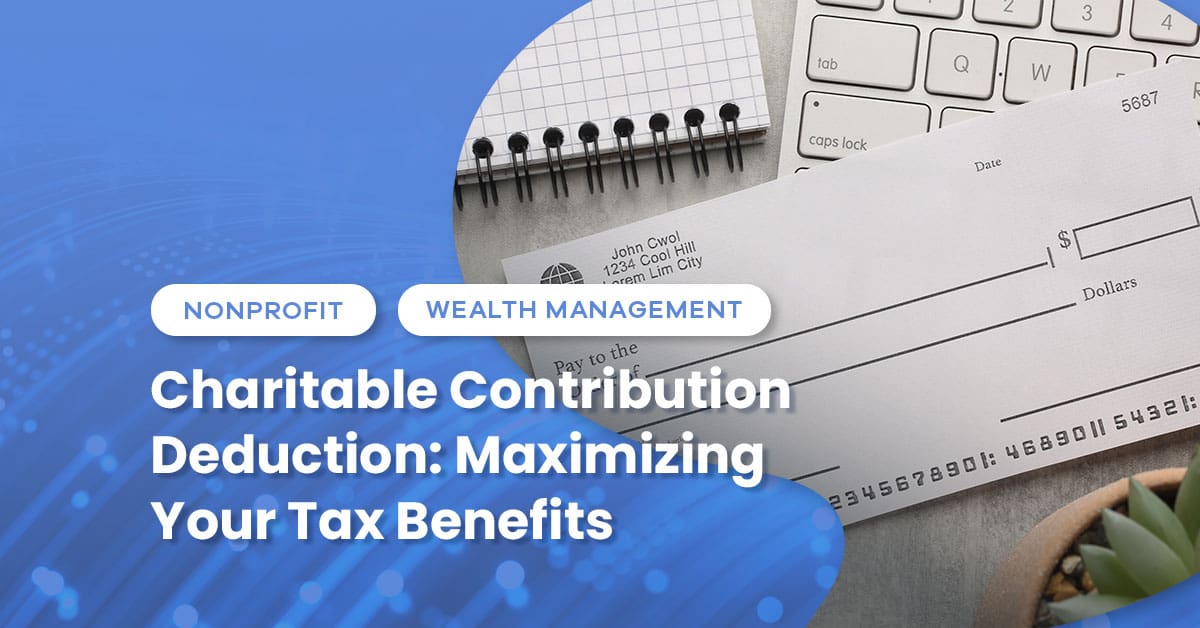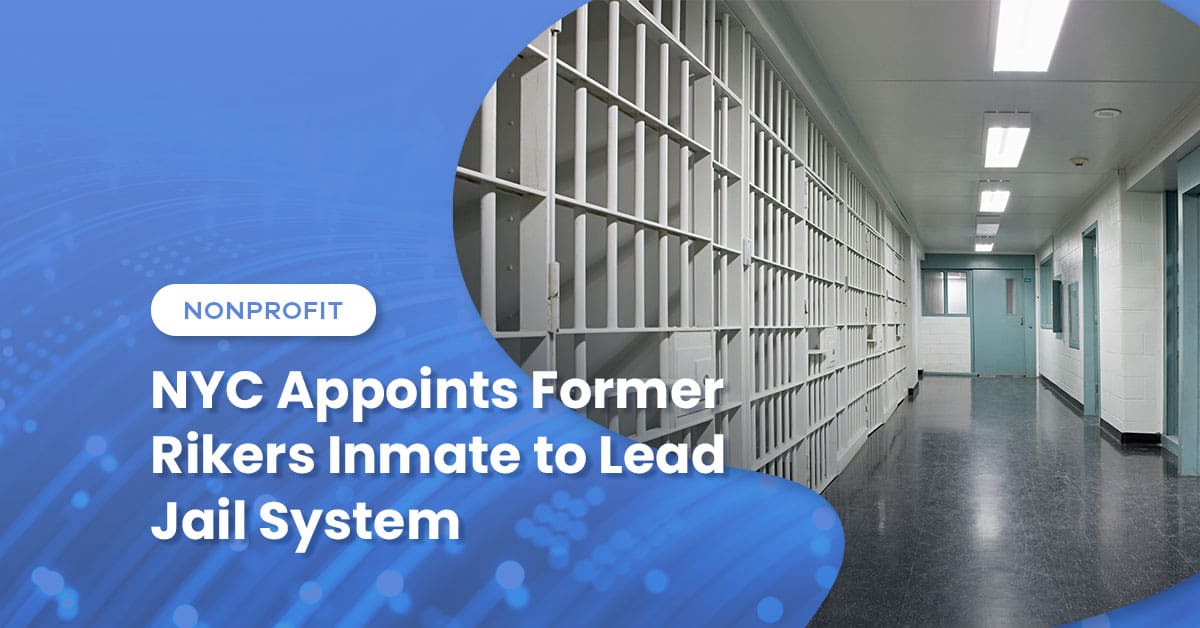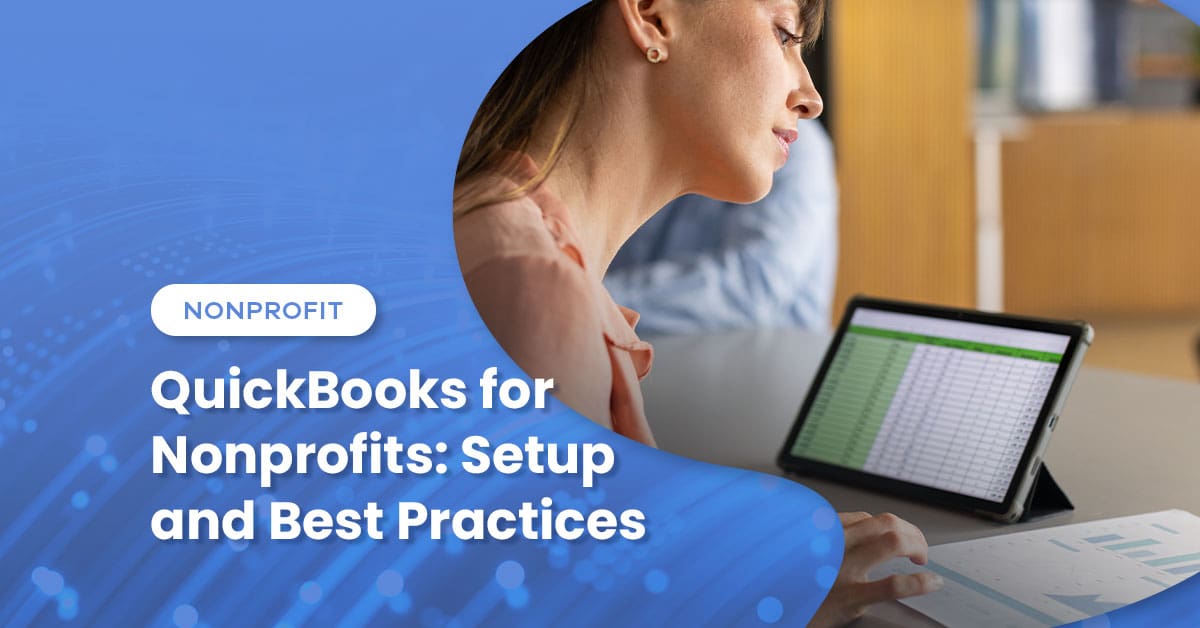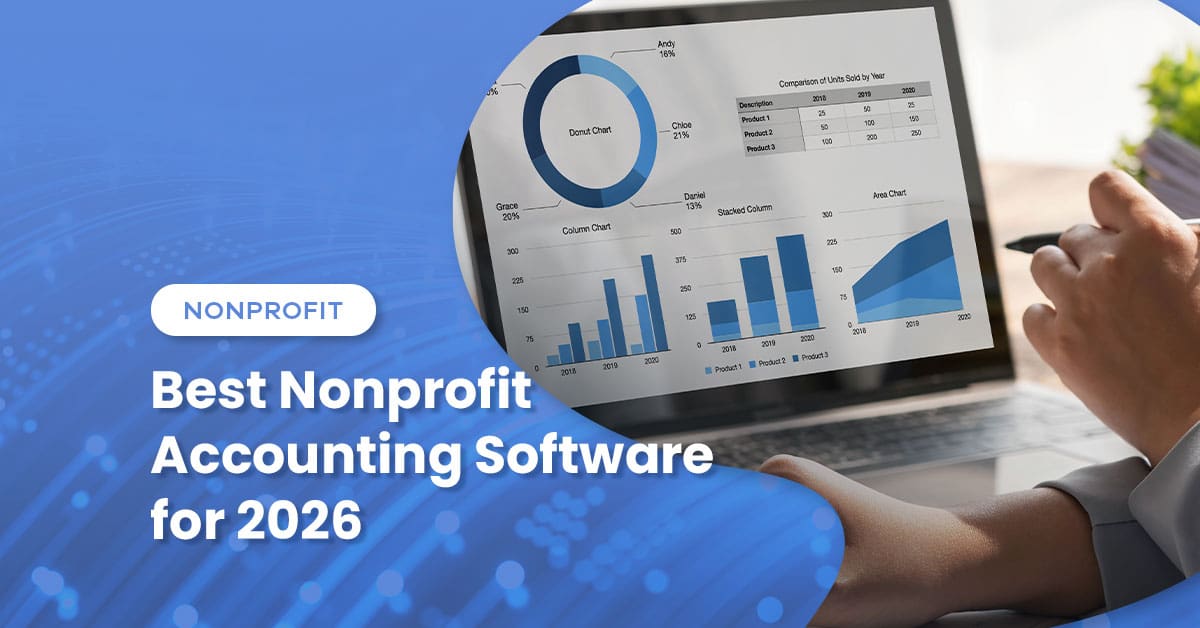By: Linda Curro and Diana Miller
On December 10th, the IRS issued Notice 2018-99 (“Notice”) addressing guidance with respect to the tax treatment of qualified transportation fringe (“QTF”) benefits; specifically how employers should determine the amount of any nondeductible parking expense for employer provided parking. The Notice has provided guidance as to the disallowed parking expenses associated with the 2017 Tax Cuts and Jobs Act which currently disallows certain employer provided deductions for qualified transportation fringe benefits. Additionally, for those tax-exempt organizations providing such benefits to employees, it will require that the treatment of these specified fringe benefits, including employer paid parking and other qualified transportation benefits, as being subject to unrelated business income tax.
As stated in the Notice, it provides interim guidance for taxpayers to determine the amount of parking expenses for qualified transportation fringes paid or incurred after December 31, 2017 and for tax-exempt organizations to determine the possible corresponding increase in the amount of unrelated business taxable income. The method used by the taxpayer in determining the nondeductible amount is dependent upon whether the taxpayer owns or leases the parking facility or pays a third party for parking provided to employees. In any circumstance whereby the employer is not paying a third party for the parking provided, the IRS states that a “reasonable method” will need to be utilized in determining the disallowed amount. In those instances where payments are made to a third party, the disallowed amount is based upon the amount paid.
The Notice contains a 4 step methodology to calculate the disallowed amount which the IRS has deemed reasonable for purposes of this calculation. The Notice specifically states that “using the value of employee parking to determine expenses allocable to employee parking in a parking facility owned or leased by the taxpayer is not a reasonable method because Section 274(a)(4) disallows a deduction for the expense of providing a QTF, regardless of its value.”
Total Parking Expenses:
- Include (but are not limited to): Repairs, maintenance, utility costs, insurance, property taxes, interest, snow and ice removal, leaf removal, trash removal, cleaning, landscape costs, parking lot attendant expenses, security, and rent or lease payments or a portion of a rent or lease payment (if not broken out separately); and
- Exclude depreciation.
4-Step Reasonable Methodology
- Calculate the disallowance for reserved employee spots;
- Determine the primary use of remaining spots;
- Calculate the allowance for reserved nonemployee spots; and
- Determine remaining use and allocable expenses.
Optional Retroactive change to parking arrangements
- Under this rule, employers will have until March 31, 2019, to change their parking arrangements to reduce or eliminate the number of parking spots they reserve for their employees.
10 Examples
- The notice provides 10 specific examples that are very helpful in understanding how to calculate the taxable QTB, for both for-profits and non-profits.
Estimated Tax Relief (issued Notice 2018-100)
- Failure to make estimated income tax payments otherwise required to be made on or before December 17, 2018, is waived for certain tax-exempt organizations that provide qualified transportation fringes (as defined) and any parking facility used in connection with qualified parking (as defined) to an employee to the extent that the underpayment of estimated income tax results from enactment of the Act;
- However the 990-T must be timely filed and the organization will have to pay the amount reported for the taxable year; and
- To claim the waiver – write “Notice 2018-100” on the top of the 990-T tax return.
Click on the following links to read each notice:
Public comments should be submitted to the IRS by February 22, 2019 and should include a reference to Notice 2018-99. There are still a lot of unanswered questions – stay tuned as more information is provided!
Diana Miller, Linda Curro and Karen Henderson have extensive experience in public accounting for not-for-profit clients. They can be reached at (973) 994-9400 or [email protected], [email protected] and [email protected].

 Previous
Previous






